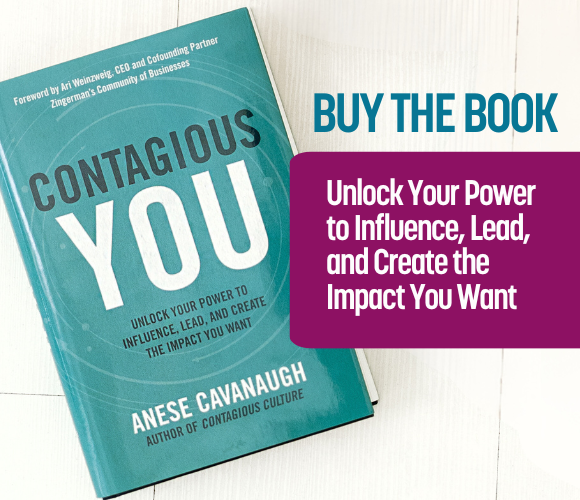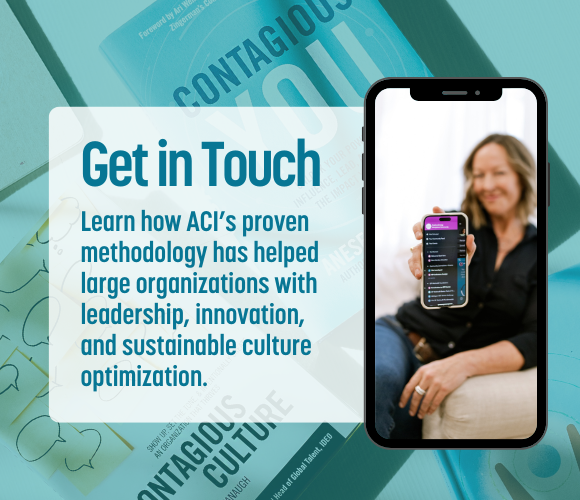
Recently I did some on-site work with one of my favorite executive clients. Brilliant woman, tons of stuff going on, major impact happening through her organization. From the outside, things were humming. But... She was having a challenging time making everything hum while still having a bit of inner peace, a personal life, and something left over for her husband and kids at the end of the day.
She invited me to come and hang out with her and her crew — personal and professional — for a couple of days.
It was a rich couple of days; fast paced, productive, meaningful... and oh... so educational. Many of the things she was bumping up against in terms of inner peace and creating intentional impact, were right in front of her. But she couldn't see them. We often can't.
We are often too close to ourselves to see some of our blind spots and well-intended quirks that lead us into busy, overwhelm, unintended impact, and ultimately downright frustration. That’s where our people come in, our coaches, advisors, assistants, kids, spouses, you name it — they can see things we can’t. If we're lucky, they'll tell us the truth. If not, we may have to work for it a bit and learn the hard way.
Fortunately, in this case I got to be that person. And in this case we got to clear 3 core “bad habits” off her plate. And in this case, space was created.
At all levels, her highest and quickest leverage moves had to do with what I call the "skill" of setting “Intentional Containers". Once you know what these are, and how to do them, they're fairly easy to address quickly. Ready?
The "Quality of the Meeting Container".
When you're meeting, you want to make it count. And it's so easy to get into the slippery slope of sloppy meetings. Someone comes in late here, a sidebar happens there, no one's aligned on why you're there in the first place, and the wrong players are at the table. These are just some of the things that happen often so fast, that you don't even know what hit you until after the meeting when you walk away feeling drained, irritated, and feeling like you got nothing done. In this case the biggest offenders were: lack of intention, lack of time integrity, and a surplus of interruptions (whether for comedy or simply just talking over each other). Solution? Clarify the intended outcomes for the meeting, and make sure the right people are in it. And set agreements beforehand about how you'll show up together; be on time, stay on task, no sidebars, etc. A little intention goes a long way here.
The “Quality of the People Container".
Often when a leader is feeling busy or overwhelmed, they're not doing a great job delegating and empowering the people around them. Beliefs like "Only I can do it", "It'll get done faster if I do it myself", or "They're just not ready for it" block empowerment and delegation and leave the leader in a swarm trying to go it alone, or severely micromanaging the process (which no one loves). Unnecessary. Instead? Check your beliefs about your people. Where are you holding back on letting them lead? Where are you getting in their way because you think they can't handle it (or your own ego is caught up in getting it all done yourself)? Find that spot. And hand it over, part of your job as a leader is to serve others in pushing their own edges. Trust them, champion them, make sure they’re set up for success, and then hold accountability for getting it all done.
The “Quality of the Personal Container."
And of course, there is always us. We have the power to create space in the moment by getting present (right here, right now, breathe) and notice what's here (right here, right now, breathe). We also have the ability to create space by being aware of the stories we tell (ourselves and others), the boundaries we hold (or not), and how (and if) we ask for help. Check it: Are you present to this moment, or are you living in the last meeting or fretting about the next one? What's the story you tell yourself about your busyness and overwhelm? (“I'm so busy! So so so busy!" rarely inspires, and often only exhausts.) What boundaries do you need to hold that will support you (and ultimately your team) in creating the impact you want to have, AND a life you can thrive in? Where do you need to say "yes", "no", or "redesign please!" And finally where can YOU ask for help? Get present. Breathe. Consider that query. Asking for help is a leadership SKILL. And it's one of the most important ones you have and can model for others.
Hop to.
Each of these "containers" alone have the possibility to be game changers, even if you pick ONE query or principle from it. Put all three together and you may find yourself with more space than you know what to do with. Learn more about "containers", setting agreements, creating space, getting present, redesigning, holding boundaries, and basically create the impact you WANT while living a life you LOVE in my upcoming book Contagious Culture (McGraw-Hill) coming out 11/16.
Have an awesome week!
This article originally appeared on Inc.com on September 28, 2015.
Next Steps
- Learn more about creating a Contagious Culture in your work and life
- Subscribe to The Beat - the weekly reflection and accountability tool
- Share this post with your network or add your comment below!
.png)






